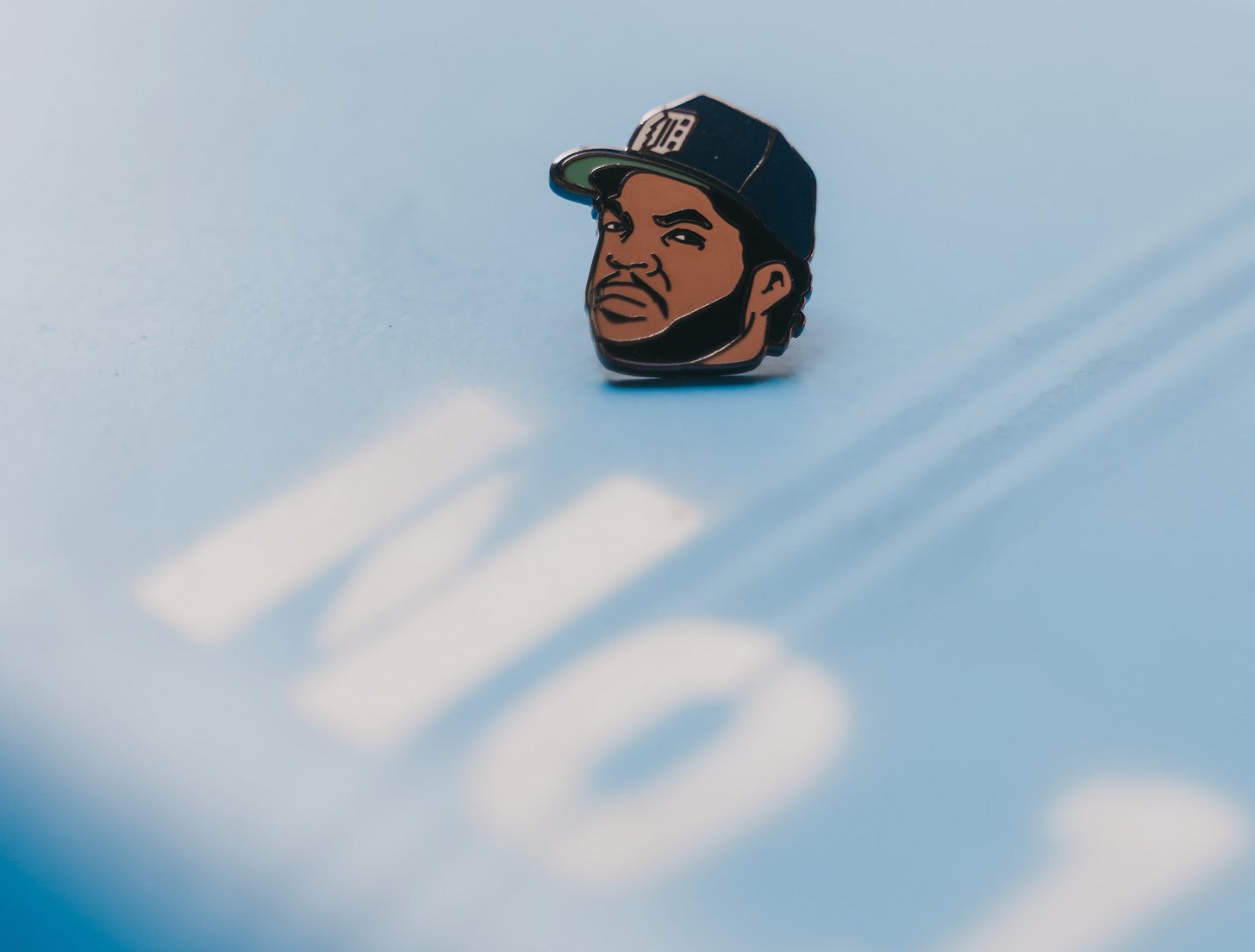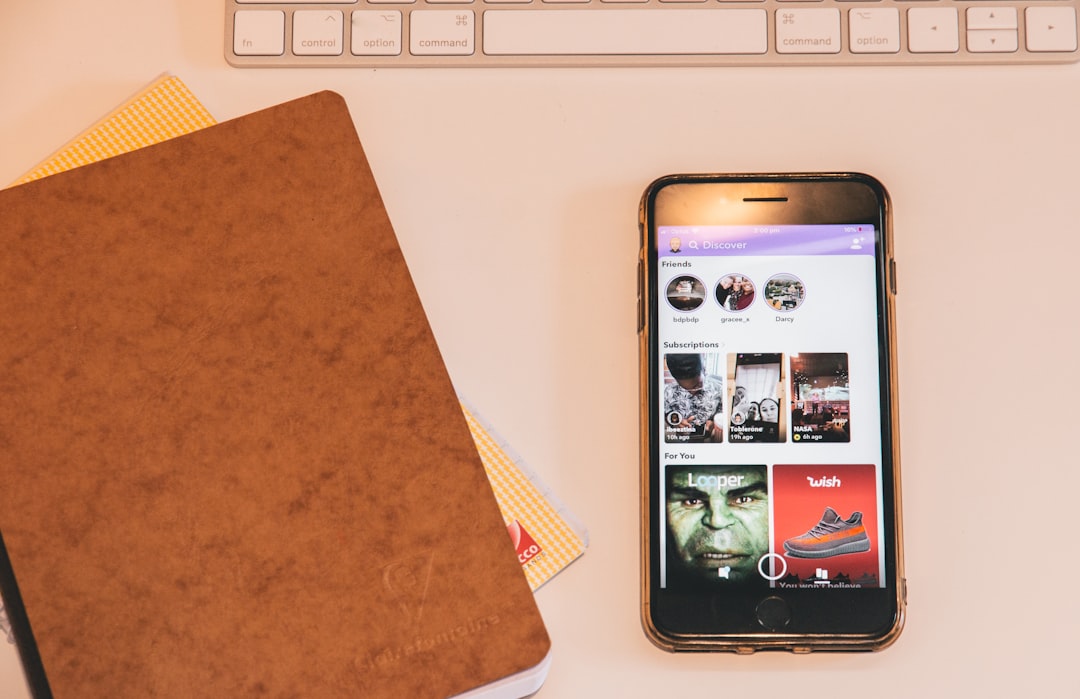Facebook Is Rocking The Music Revenue Boat
How coupling royalties to ad-revenue could play out.

The week started surprisingly on Sunday when our day of rest was rudely interrupted by news that Kobalt is Pulling Its 700,000 Songs Off Facebook and Instagram due to failed licensing negotiations with Meta. This seemed notable as it marked the first time a major publisher pulled its music from a major platform, leaving some to wonder if this is the start of a new hot war between the music biz and social media.
The possible cause of the disruption was revealed the next day when it was announced that Facebook Will Now Directly Share a Proportion of Ad Revenue With Music Rightsholders for UGC Videos.
What this means is that rather than Facebook paying a set fee for music that video creators use in their clips, the new system will tie payments directly to ad revenue, which will be split between the three parties. Video creators will receive 20%, while FB and the rightsholders divvy up the other 80%.
The theoretical upside of this new arrangement seems to be that video creators will be incentivized by that 20% to make more Reels on Facebook (and presumably fewer TikToks), resulting in more eyeballs, ads, dollars, etc. for everyone, including the music rightsholders. But that’s a big “if.”
It’s also unclear if this move by Facebook will be good for music rightsholders. We can’t even guess that answer without knowing the split Facebook plans to pay out. But the answer is presumably yes for the artists (and their interested parties) whose music ends up soundtracking the 15-30 second clips.
Perhaps the bigger question is whether or not the new model can make a difference? Meta saw its first decline in revenue ever during Q1 of 2022. One bad quarter isn’t a death knell for one of the world’s biggest companies, but inflection points like this do tend to make executives look for other parties to get more skin in the game.
Facebook closest rival (at least in terms of music content), TikTok, is actually expected to triple its revenue in 2022. But when it comes to sheer scale, it’s worth remembering that Meta contributes 29% of music’s “emerging platforms” revenue compared to TikTok’s 13%, according to Goldman Sachs.
Zoom out, and Goldman still predicted that overall ad-supported revenue, which includes these “emerging platforms,” will grow from 30% to 40% of total music streaming revenue by 2030. GS also predicted that by 2030, ad-supported revenue of all stripes will account for 12% of total global music revenue (up from 5% in 2021).
There’s no telling what the recent declines, which also includes Snap’s disastrous revenue report, might do to that prediction. But Facebook’s strategy to incentivize video creators — ie., the people who actually bring eyes (and ears) to the platform — best not come at the expense of music rightsholders wallets.
If that ends up being the case, then we might see more rightsholders take the Kobalt route and more music disappearing from the platform in the future.
TAKEAWAYS
Salient statements from this week’s music news.
1. Spotify Reports $3B in Quarterly Revenue as It Adds 6M Subscribers
Speculation that Spotify might be the next streamer to stumble ala Netflix has proven to be as unfounded as reports that the company is hemmoraging users in the UK.
Takeaway: Spotify reported an operating loss of 194 million euros ($203 million), up from 6 million euros in Q1 and a 12 million euros profit back in Q2 2021.

2. New RAP Act Could Be First Federal Law To Limit Lyrics Use In Cases
The law introduced in House of Representitives would limit (not ban as many outlets are reporting) prosecutors from using lyrics as evidence against (mostly) rappers.
Takeaway: Rather than exclude lyrics from being used in jury trials entirely, the RAP Act’s main function is to take the determination of their relevance out of the hands of jurors and prosecutors by requiring the prosecution to prove their relevance in hearing separate from the jury.

3. Snapchat to Pay Distrokid Artists Monthly Grants Up to $100,000 via New ‘Sounds’ Creator Fund
Dismal earnings hasn’t kepts Snap from offering up funds to encourage music creators to use its platform.
Takeaway: As part of the Funding element of the program, Snap says that it has partnered with DistroKid to distribute payments for up to 20 songs per month at $5,000 per song.

4. Inside the Multi-Billion Dollar Battle Royale Over Music-Streaming Royalties
Variety takes a deep dive into the “absurd, archaic and unnecessary” system that dictates how songwriters get paid in the U.S.
Takeaway: The two sides in this “deeply dysfunctional symbiotic relationship,” in the words of one executive, have devolved into squabbling partisan camps that are nevertheless completely dependent upon each other.



